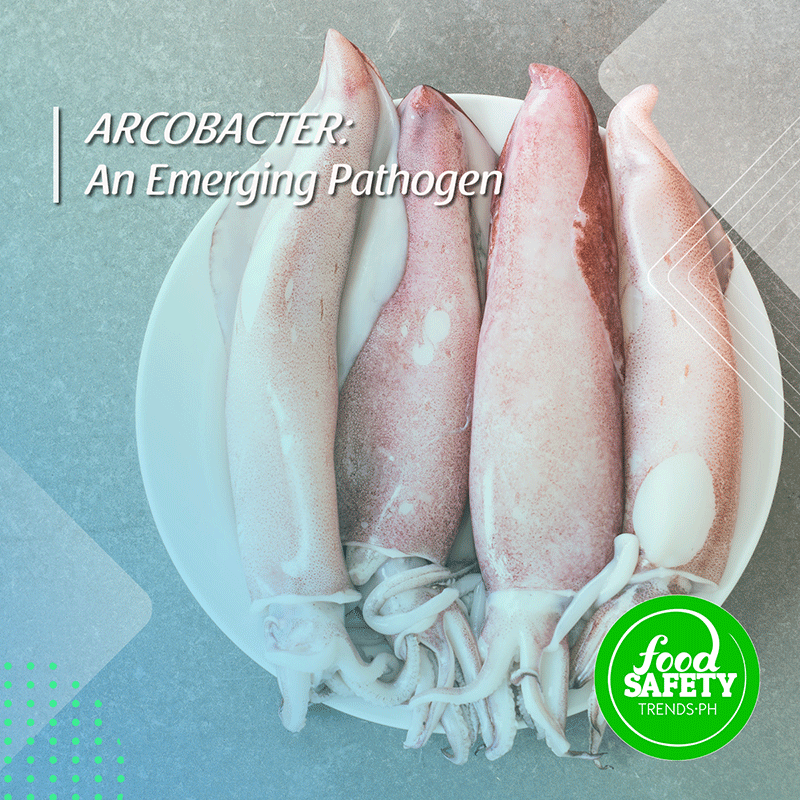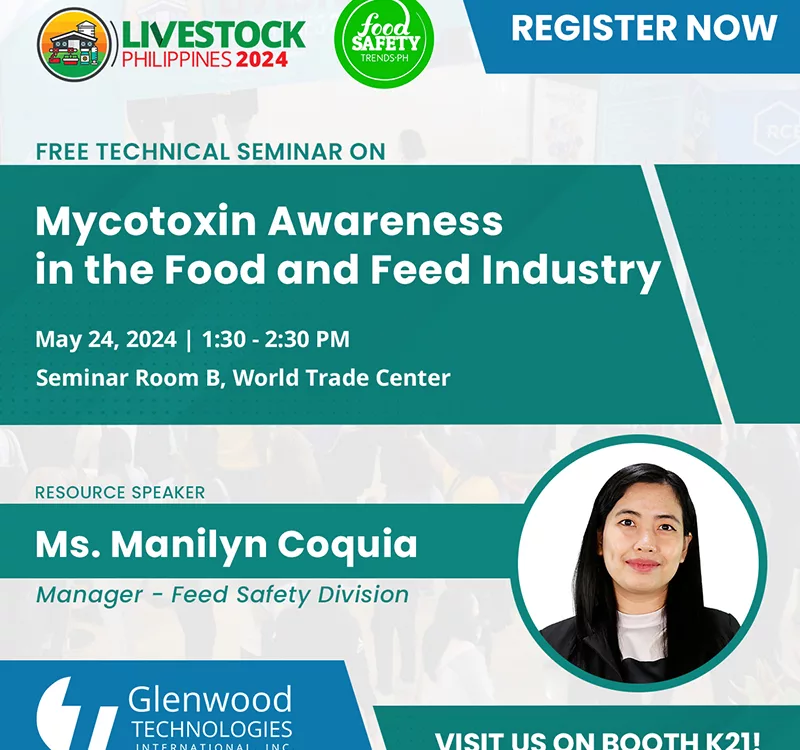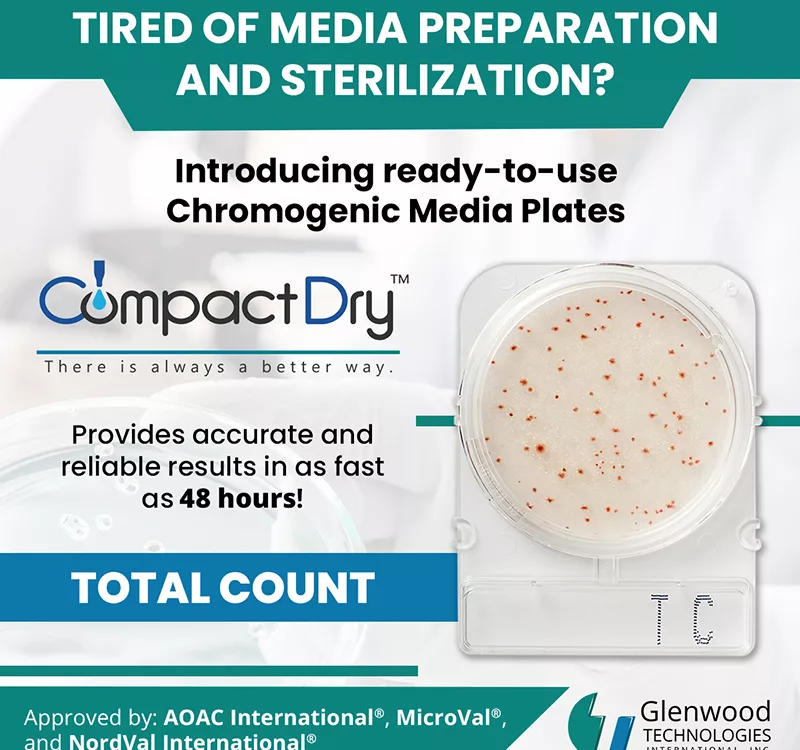ARCOBACTER: An Emerging Pathogen


Arcobacter is an emerging foodborne pathogen commonly found in water, vegetables, seafood, and other food of animal origin. It is a non-spore-forming, spiral-shaped Gram-negative bacteria that can cause human gastroenteric illness and may diminish the shelf-life of contaminated foods.
According to the recent study published by the International Journal of Food Microbiology, contaminated drinking water or undercooked and raw food seems to be the primary source of Arcobacter.
It was also stated that out of 220 samples from cockle, squid, shrimp, quail meat, rabbit meat, turkey meat, fresh cheese, spinach, Swiss chard, lettuce, and carrot that the researchers collected and analyzed, 22.3% tested positive for Arcobacter. The pathogen was detected in samples from all tested food groups, but squid and turkey meat had the highest levels of contamination at 60% and 40%, respectively. They also discovered a species of the pathogen that was never characterized before in carrots. It was also noted that all of the lettuces that tested positive for the pathogen were pre-packaged. Cheese samples tested positive, but researchers hypothesize it was likely due to cross-contamination. In addition, baby squid were found to be a notable source of Arcobacter.
According to Irati Martinez-Malaxetxebarria, "this is the first time that the presence of Arcobacter species in fresh Burgos cheese and carrots has been reported. We also noted seafood, especially squid, as a significant source of adherent Arcobacter." "These findings should be taken into consideration for their possible food safety implications, as Burgos cheese is a ready-to-eat product, and carrots and seafood are often consumed only lightly cooked or raw," added the study proponent.
In addition, Arcobacter has the ability to form biofilms on various type of surfaces commonly used in the food industry, making it one of the pathogens to look out for in the food and related industries.
Read more:
https://drive.google.com/file/d/1CE18eXWV0BWT6FPoQvoZcqRDZGznOq6x/view
References:
- Emerging Foodborne PathogenArcobacter a Concern for Seafood, RTE Foods. Food Safety Magazine.
- Exploring arcobacterrisk to the food industry and human health. Science Daily.
- Genetic characterization and biofilm formation of potentially pathogenic foodborne Arcobacter International Journal of Food Microbiology.





